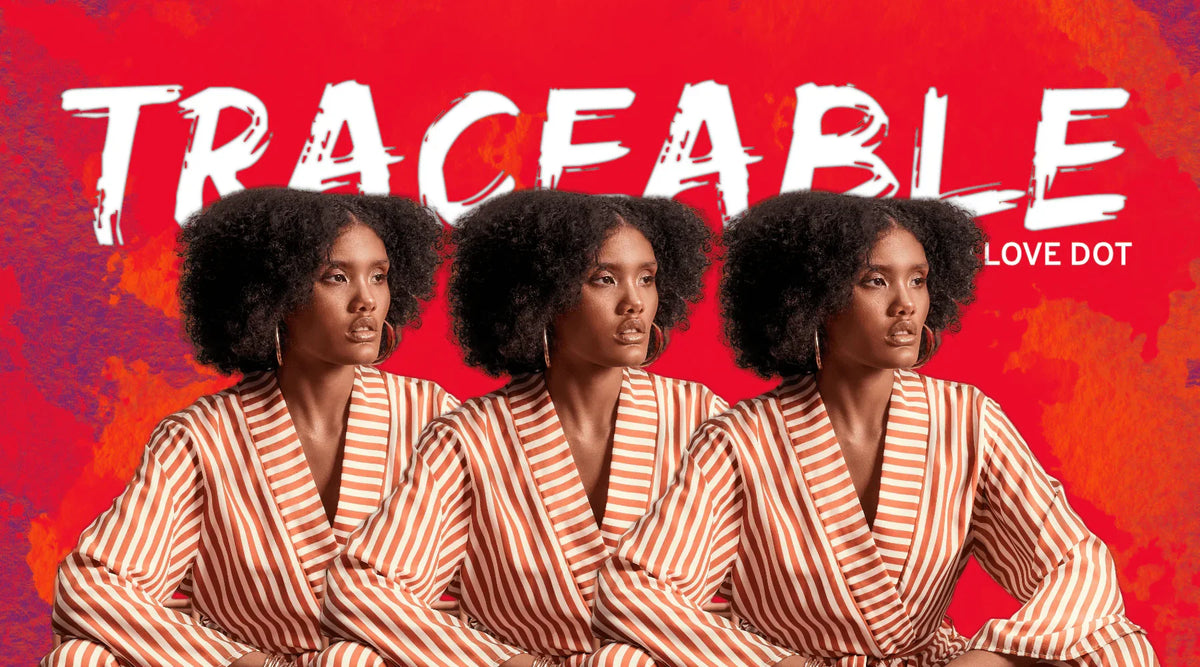The textile industry is massive. As environmental concerns linked to the fashion industry continue to rise, more and more people are now opting to buy from the most sustainable fashion brands. These brands are using textiles created from bio-based polymers and highly recyclable materials that can be processed without requiring additional mineral resources. They are creating apparel and lifestyle products that aren’t just sustainable, they are also innovative. The carbon footprint of textiles is significant. Engineering new materials is needed to reduce adverse environmental effects of traditional petroleum-intensive materials.
For eco-conscious fashionistas, there are several sustainable textiles on the market to be on the lookout for. These fabrics and textiles are being engineered using the latest technology. From plant-based to fiber-based materials, here are some of the most impactful materials that are being used by companies that you can look out for:
Plant and fruit “leathers” made from waste materials are beginning to be popular. Piñatex for example is a material made from the leaves of pineapple grown mostly in tropical countries. The production of pineapple is much more sustainable than traditional leather and above all animal-free. Pineapples are low maintenance and require less water and no harmful chemicals that are ecologically toxic to wildlife.
- Wool
Wool is a sustainable fabric as it’s renewable, durable, and biodegradable. Sheep farmers are now able to produce wool using techniques that sequester carbon from the atmosphere to reduce the environmental impact. Wool is also known to be a resilient fabric because it’s flame-resistant and water repellent too. Wool lasts for a long time, reducing the need for fast fashion replacements.
- Linen
Linen is a natural plant-based fiber that biodegrades after it is discarded which makes it more eco-friendly. This material is made from fibers of the flax plant. Since this plant doesn’t require pesticides, the whole flax plant is considered the most environmentally friendly textile used in making clothing and bedding. Linen clothing is hard-wearing, doesn’t need to be replaced for years, and dries quicker than cotton and other fabrics.
- Lyocell and other natural fibers
There is an increasing concern with microfibers being washed out as the clothes are washed. These microfibers are harmful to other species and this is why there is a need to find natural and environmentally sustainable fibers. One material called lyocell is made of raw material from wood pulp. The fibers are biodegradable and compostable too. The production process has a low environmental footprint.
- Hemp
Hemp is one of the sustainable fabrics and has been gaining attention for good reason. This material is one of the few that can feed, clothe, house us, and be used for medicinal purposes too. Hemp is known as a dense plant that doesn’t require pesticides or herbicides to ensure its health. It is naturally resistant to pests, requires little land to grow, and uses half-less water compared to cotton. Hemp fabric is made from long fibrous strands that when spun together can create a thread that can be used to weave hemp fabric.
This is known as one of the most progressive fibers today. Tencel is from the eucalyptus tree and they don’t require harmful pesticides or insecticides to grow. It also requires less land, unlike cotton that makes a similar amount of fabric. The process of making Tencel is also fueled with a hundred percent renewable energy and uses eighty percent less water.
- Organic Cotton
Cotton is a popular textile in fashion and bedding products all over the world. However, cotton uses an abundance of harsh pesticides and insecticides that makes it one of the most heavily sprayed crops. Above all, it requires a significant amount of land and water to grow.
Organically grown cotton on the other hand is the complete opposite. It reduces the negative impact of the global cotton industry and improves public health, soil, and water quality.
Modal is an innovative textile made from spinning cellulose from the beechwood tree. This tree self-rejuvenates and they are considered a sustainable raw material that can be used to create modal fabric. Modal is also more absorbent than cotton. It’s silky smooth making it a good choice for activewear and undergarment manufacturers.
The fashion industry is one of the most polluting industries. Making a conscious decision to purchase from brands using the most sustainable materials will make a difference to the planet and the people within it.
LOVE DOT is a go-to destination for thoughtfully curated, sustainably made, and ethically sourced fashion and lifestyle brands made by artisans around the world. Our products are often one-of-a-kind, sold in limited quantities, and made by emerging and established fashion entrepreneurs across Europe, Africa, and the Americas.













